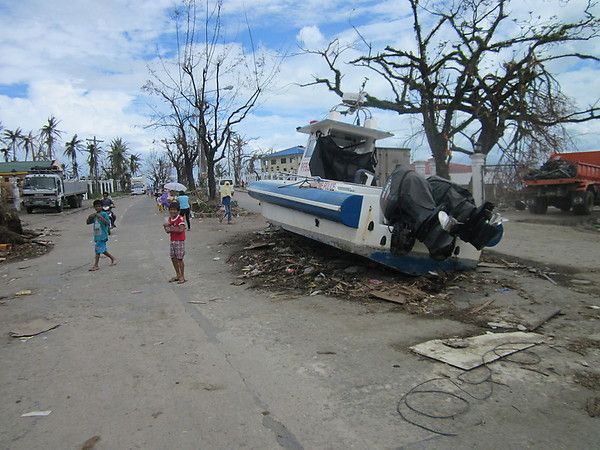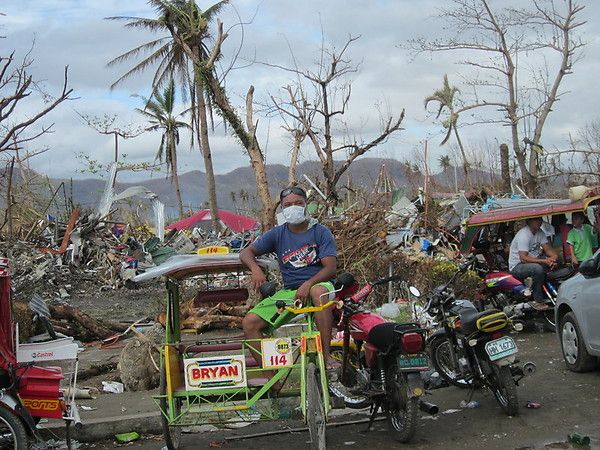UNESCO Responds to the Haiyan/Yolanda Typhoon in the Philippines

- © UNESCO/Joe Hironaka
In the early hours of the morning of Friday, 8 November 2013 the super typhoon Haiyan/Yolanda -a maximum category-five storm- struck the Phillipines. The typhoon brought wind gusts of around 275 km/h and caused a storm surge that whipped up waves of five to six metres. The storm caused massive devastation with the Government of the Philippines so far confirming the deaths of more than 5200, with 1,613 reported missing, 23,501 people injured, and widespread damage to property. The Government currently estimates that 13.26 million people were affected with 4.29 million people still remaining displaced.
Immediate after this calamity, UNESCO sent a team of experts from the UNESCO Regional Science Bureau Jakarta and from UNESCO Headquarters in Paris to Manila and Tacloban to coordinate and work with the UN System in Manila to support the Philippines Government and people. This mission was also an opportunity to meet with key government representatives and to give assurances that UNESCO will support the people of the Philippines in its areas of expertise to recover from this disaster.

UNESCO has extensive experience in responding to and supporting the recovery of several disasters in different regions in the past. Key intervention among others, following the earthquake in Haiti in 2010 UNESCO implemented a programme using the power of intangible cultural heritage as a source of strength to help the community to recover. After the flood in Pakistan in 2010 UNESCO mobilized scientific knowledge to enhance the flood disaster resilience of Pakistan through water management and water-related natural disaster mitigation. In response to Cyclone Nargis that affected Myanmar in 2008, UNESCO supported the educational efforts of the Government of Myanmar to prepare the population for disasters through the Myanmar Education Recovery Programme (MERP). In Afghanistan, the UNESCO Kabul Office is implementing a 35 million programme with funding from the government of Japan for literacy as part of the Post Conflict Post Disaster (PCPD) activities. The UNESCO Iraq Office has implemented over 100 million dollars in programmes in PCPD since 2004.

In line with its mandate and capacity in the fields of Science, Education, Culture and Communication Information, UNESCO will ensure to bring its expertise to support the people of the Philippines to recover from this disaster. Several areas of priority been identified to support the recovery process in line with UNESCO’s expertise in the field of water management, cultural heritage safeguarding, early warning and public education, and in the recovery of the education activities and programmes.
In order to fully support and coordinate the recovery efforts, UNESCO will establish a project antenna office in Manila. The UNESCO staff based in this office will work on the development of project portfolios with direct engagement with other UN agencies and established coordination bodies, potential donors and government agencies. This antenna office will be supported by technical expert missions from UNESCO HQ, the UNESCO Jakarta Office, Bangkok Office and other offices to develop specialist area needs assessments and development of response projects.
- 25-11-2013
- © UNESCO/Joe Hironaka -

